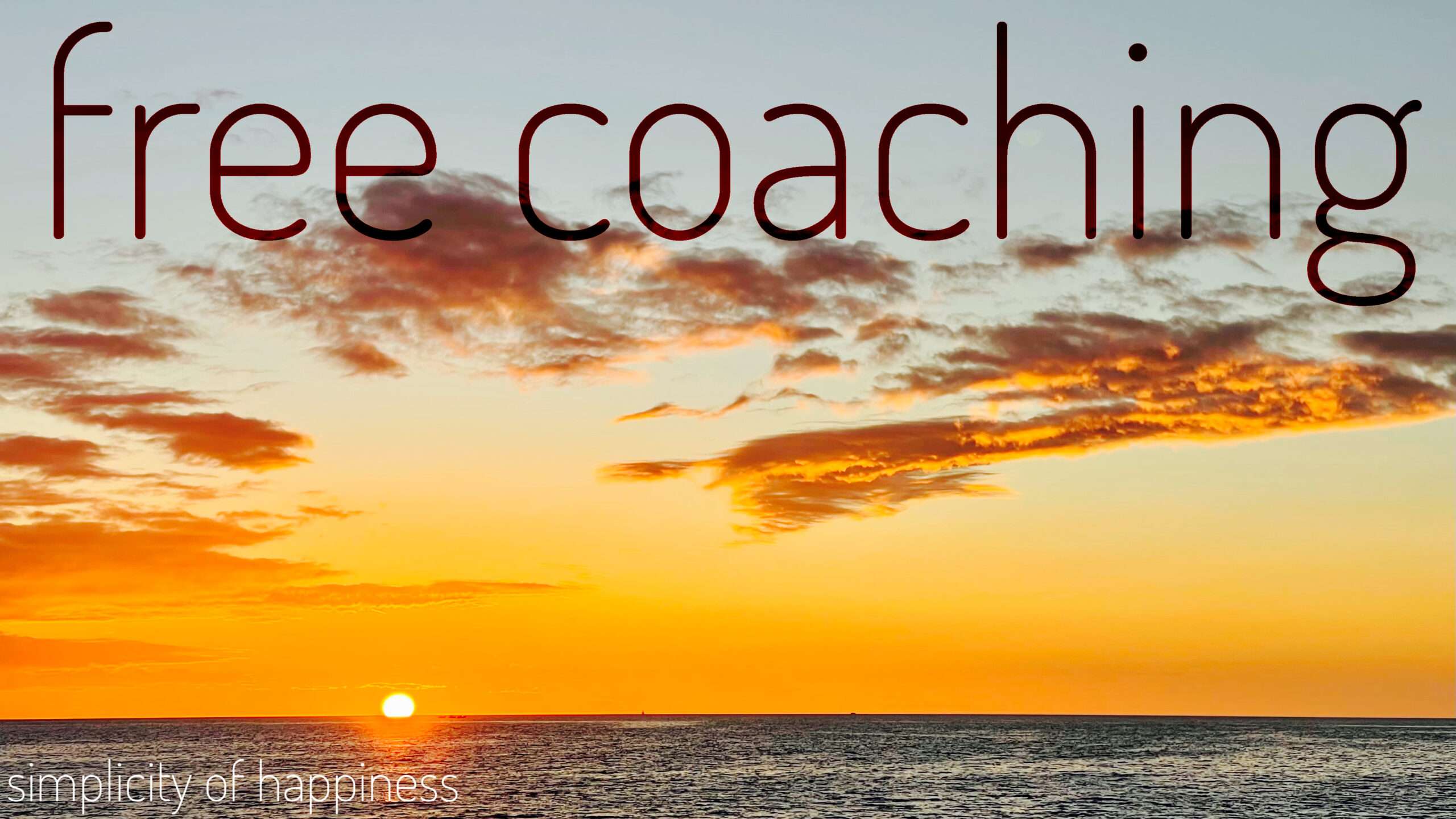One gives you control. The other gives you peace and freedom.
the quiet fork in the road
At some point in every relationship — business, love, friendship — you reach a quiet fork in the road.
Someone sees it differently.
They carry another perspective, another taste, another truth.
Now you can prove your point. Win the argument. Convince the other. Be right.
Or… you can choose something else entirely.
Being right feeds the ego. Being happy feeds the soul.
the hidden cost of being right
I see this especially with high-performers.
Leaders who are used to being the smartest in the room.
Founders who built companies by being right more often than wrong.
But here’s what it really costs:
Loneliness.
When winning matters more than relating, people stop opening up. You might be surrounded by colleagues or family — but inside, you’re alone.
Exhaustion.
Constantly proving yourself is a full-time job. Every conversation turns into a battlefield. Every disagreement drains you a little more.
Insecurity.
When your relationships depend on being right, you can’t relax. You’ll never feel fully safe with another person.
Stagnation.
If you’re always right, you stop learning. No fresh idea makes it through. Growth dies quietly in the shadow of your certainty.
Distrust.
When control is your currency, people may follow out of fear or habit — but they’ll never fully trust you.
Fragility.
When your identity depends on never being wrong, every mistake becomes a threat. One slip — and the whole façade feels like it might collapse.
Shallowness.
People start agreeing just to keep the peace. You “win” the conversation, but you lose the intimacy that only comes when both sides can be real.
Unhappiness.
When your worth is tied to proving, joy slips away. You’re always chasing, never at peace.
what I had to learn
I had to learn this the hard way.
For years, I thought people would only respect me if I always got it right.
Even when I became a coach, I assumed clients came for advice — so I told myself I had to know what to do.
I acted as if I had already figured it all out.
There was no room for doubt. No space for vulnerability.
But that posture didn’t make me better.
It made me harder. More distant.
In conversations, I cared more about being understood than about truly understanding.
That was humbling. But also the doorway to something better.
Only when I began to accept my own insecurities and mistakes did people start to trust me.
Only when I stopped trying to be looked up to — and chose to stand as equal — did people begin to open up.
what letting go really means
Letting go of the need to be right doesn’t mean surrender.
It means creating space — for connection, for clarity, for peace.
And sometimes, it means walking away.
If someone else insists on being right, you can choose not to fight.
Not because you lost.
But because you finally chose yourself.
questions to sit with
- Where are you holding on to being right — even when it costs you closeness?
- What might shift if you stopped defending, and started listening?
- What could open if you let go of the need to win?
Think of the last time you argued with your partner.
Or that meeting where you felt the urge to push just a little harder, just to prove your point.
Did it bring you closer? Or did it leave distance in the room?
the quiet shape of happiness
Happiness doesn’t always look like victory.
Sometimes it’s the quiet of sitting at the same table without walls between you.
Sometimes it’s the breath you take when you no longer need to defend.
Sometimes it’s the safety of being seen as you are — without armor, without proving.
So let me ask you again:
Do you want to be right? Or do you want to be happy?
